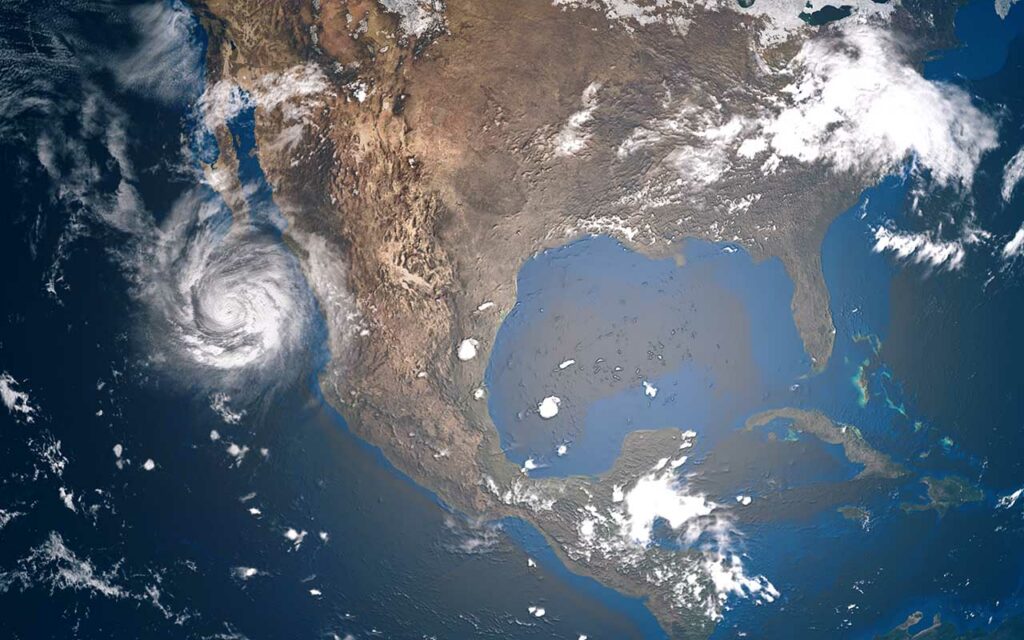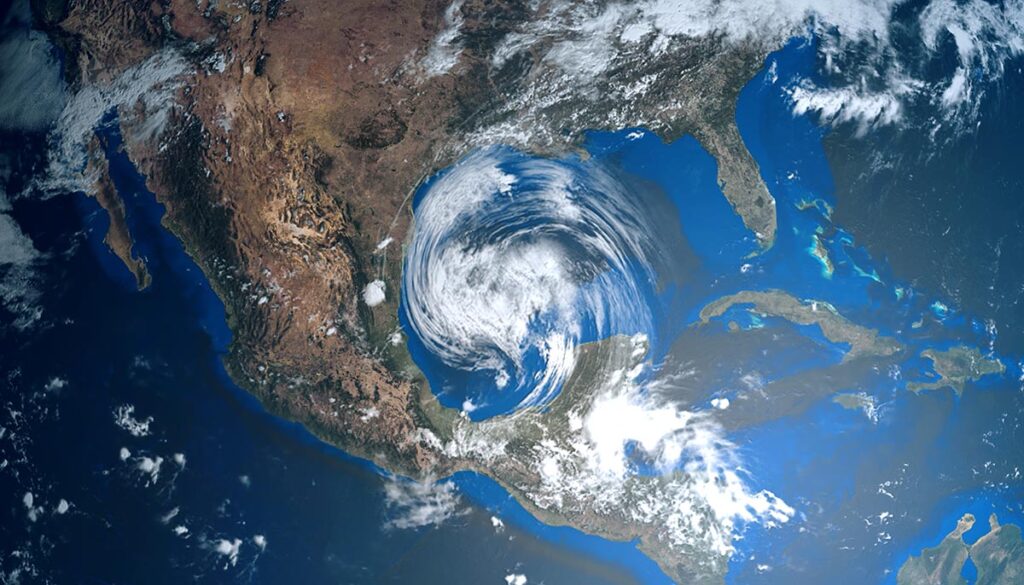While the northern hemisphere is experiencing winter, the southern hemisphere is in the midst of summer and has just set two all-time heat records, reinforcing concerns that climate change is driving global warming.
Summer in the southern hemisphere
In the northern hemisphere, the first day of summer is June 20, 21, or 22 and ends on the first day of fall, which ranges from September 21 to 24, depending on the time zone.
Their summer season begins on December 1 and ends on February 28 (29 in a leap year) for the southern hemisphere. The southern hemisphere summer solstice occurs on December 21 or 22, marking the first official winter day.
Australia reaches 123.26 degrees Fahrenheit
On January 13, in the town of Onslow in South Australia’s Outback, the temperature reached 123.26 degrees Fahrenheit (50.7 Celsius), tying an all-time high set on January 2, 1960, according to the country’s Bureau of Meteorology, CBS reported.
The temperature was a massive jump from the previous day, where the mercury in Western Australia reached nearly 116 degrees. According to the Bureau of Meteorology extreme records, the 7-degree jump is extremely rare, with the country only reaching temperatures in the 50s Celsius (122 degrees +) a very few times.
The temperature equals the hottest day ever recorded in Australia, 62 years ago in Oodnadatta (Outback SA).
The Bureau of Meteorology for Western Australia pointed out that the January 13, 2022 data was not official until quality controlled.
Cape Town, South Africa records its highest temperature in history
On January 22, 2022, Cape Town, South Africa, recorded its hottest temperature in history. The mercury reached 113.36 degrees Fahrenheit (45.2 Celsius) at Table Bay. The temperature smashed a previous record by nearly 3 Celsius (37.4 Fahrenheit). Meteorologists described the extreme temperatures as “unprecedented territory.”
Not only did it shatter local events, but it was the first time in history that Cape Town has been the hottest location in this part of South Africa, Cape {Town} Etc reported.
The South African Weather Service is awaiting official confirmation from the ZA Met Office on the record-setting temperatures.
Signs of climate change
As temperature records are being set around the world, scientists continue to allege that Climate change has caused Earth’s temperature to rise by 0.14 degrees Fahrenheit per decade since 1880.
According to the US National Oceanic and Atmospheric Administration (NOAA), 2020 was the second-warmest year on record. The 2020 surface temperature was warmer than the 20th-century average of 57 degrees and was above the global land and ocean surface temperature average by 1.76 degrees Fahrenheit.
This was the second-highest among all years spanning from the range of 1880-2020, and just shy of tying the record set in 2016, by a margin of only 0.04 degrees Fahrenheit.
Last year among the 10-hottest in history
The year 2021 was also within the top ten warmest years ever recorded in history, ranking as the sixth-warmest. The average global land and ocean surface temperature were above the average by 1.51 degrees Fahrenheit, WGRZ reports.









